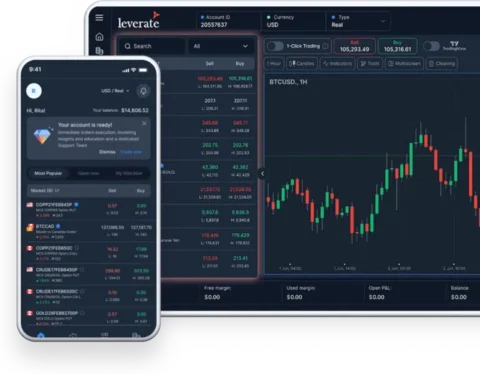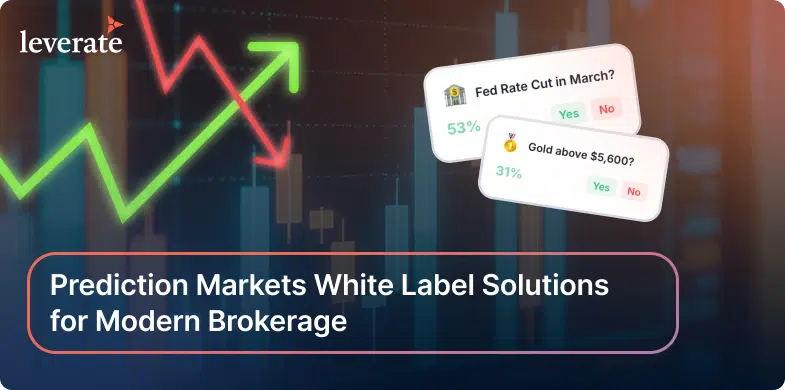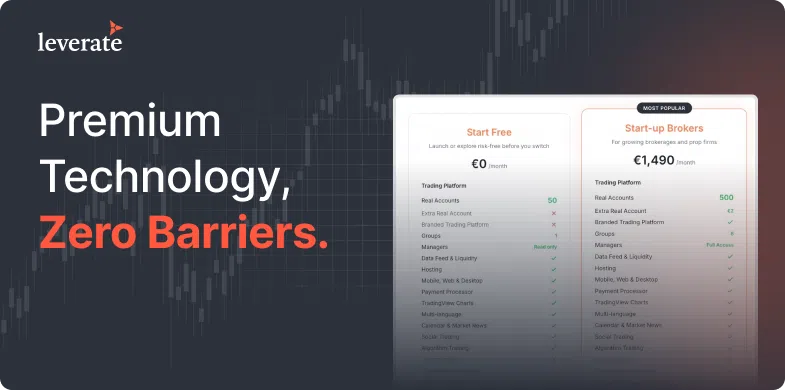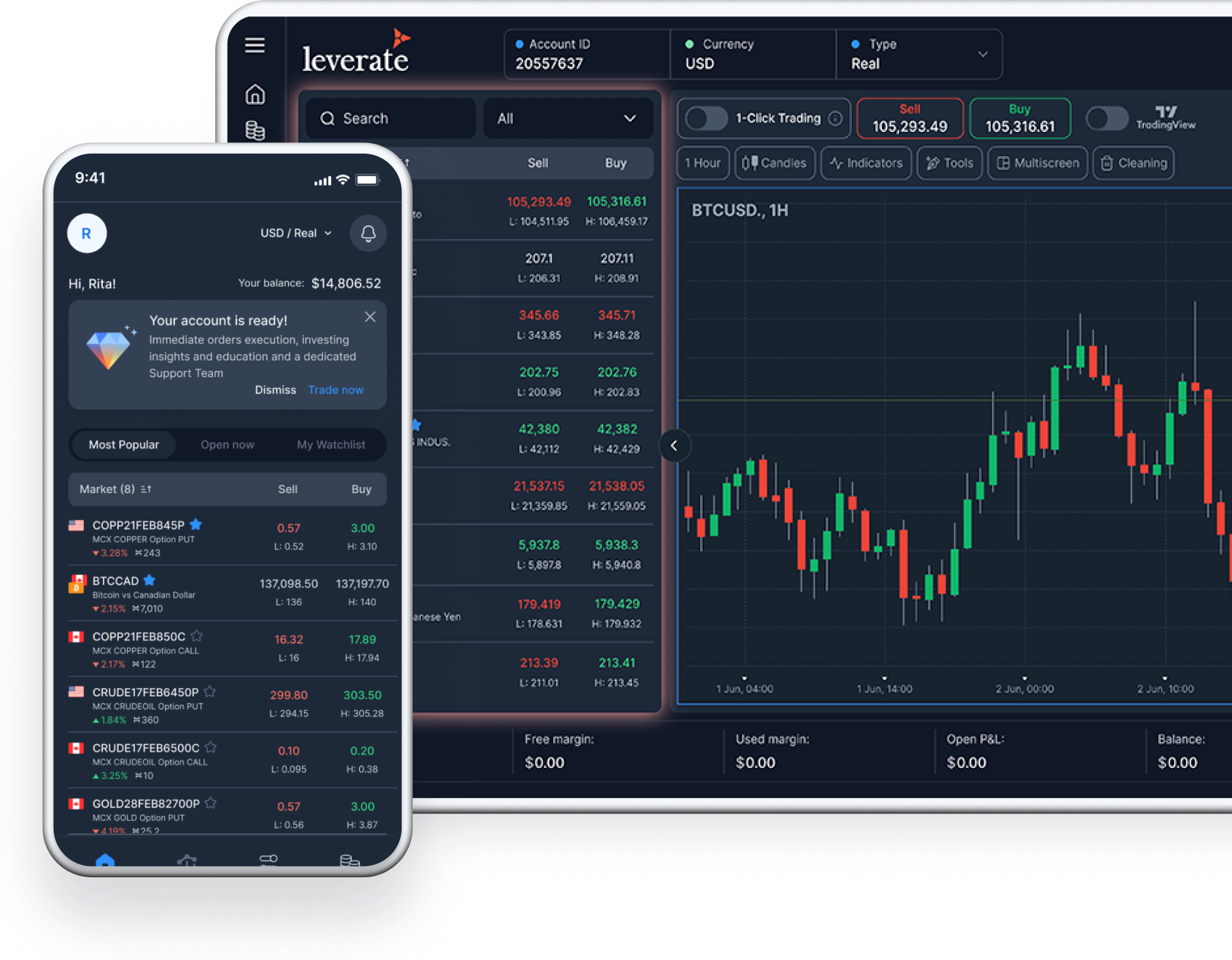
MiFID, or the Markets in Financial Instruments Directive, has presented European financial institutions with a vast array of challenges. One of these is the relationship with and definition of Introducing Brokers, or IBs. The real question is whether all member company affiliates must be classified as Introducing Brokers.
Financial trading companies have been working with IBs for many years. However, with the introduction of the new financial regulations proposed by MiFID II, those relationships will be subjected to review. If a financial trading enterprise has been using IBs for their EU and UK clients, then adjustments may be required.
What must be determined is whether a company’s affiliate members can be defined as IBs at all. If so, then those companies should comply with the new regulations. However, if not, then more creative ways of how to deal with them will have to be found.
To begin with, financial organizations should consider their list of current affiliate relationships and decide on how they can be categorized. These can be pigeonholed into the following groupings—Traditional Retail IBs, Marketing IBs, and B2B IBs. Traditional retail IBs refer to retail clients of a financial firm, and they have a direct relationship with them. Marketing IBs stay in the background, and simply pass on traffic and leads. And finally, B2B IBs generally introduce High Frequency Trading (HFT) customers to trading companies. These introductions don’t happen often, but when they do, they bring substantial business in their wake.
B2B IBs normally introduce other B2B kinds of clients or they bring other IBs into the picture without possessing any significant links to retail customers. These types of IBs are less IBs than they are B2B marketing consultants that may be paid a flat fee with bonus for their introductory services. They don’t bring in frequent business, but when it does happen, it can have a significant impact.
Marketing IBs sell leads. The real question is whether MiFID II will allow this to continue. If so, then their services can be leveraged and channeled using creative business practice to take advantage of this type of expertise. For example, the current activity in cryptocurrencies provides an ideal opportunity for Marketing IBs to find leads by offering crypto products. Currently, lead generation is inexpensive, and these leads can be identified, captured, and pursued to enhance future business activity.
Finally, there are traditional IBs who may not want to become registered under MiFID II. A blanket solution might be to establish a Master IB that is registered and who is willing to interact with other IBs and sub-affiliates. This shortcut can drive those traditional IBs who are not willing to affiliate to MiFID II to remain as your business counterparts.
It is evident that defining the IBs with whom financial companies are working is critical to business, considering the MiFID 2 directive. Which companies these are can only be classified by the legal counsel of the companies involved, but, once established, there is no reason why business cannot proceed smoothly and without difficulty.



















